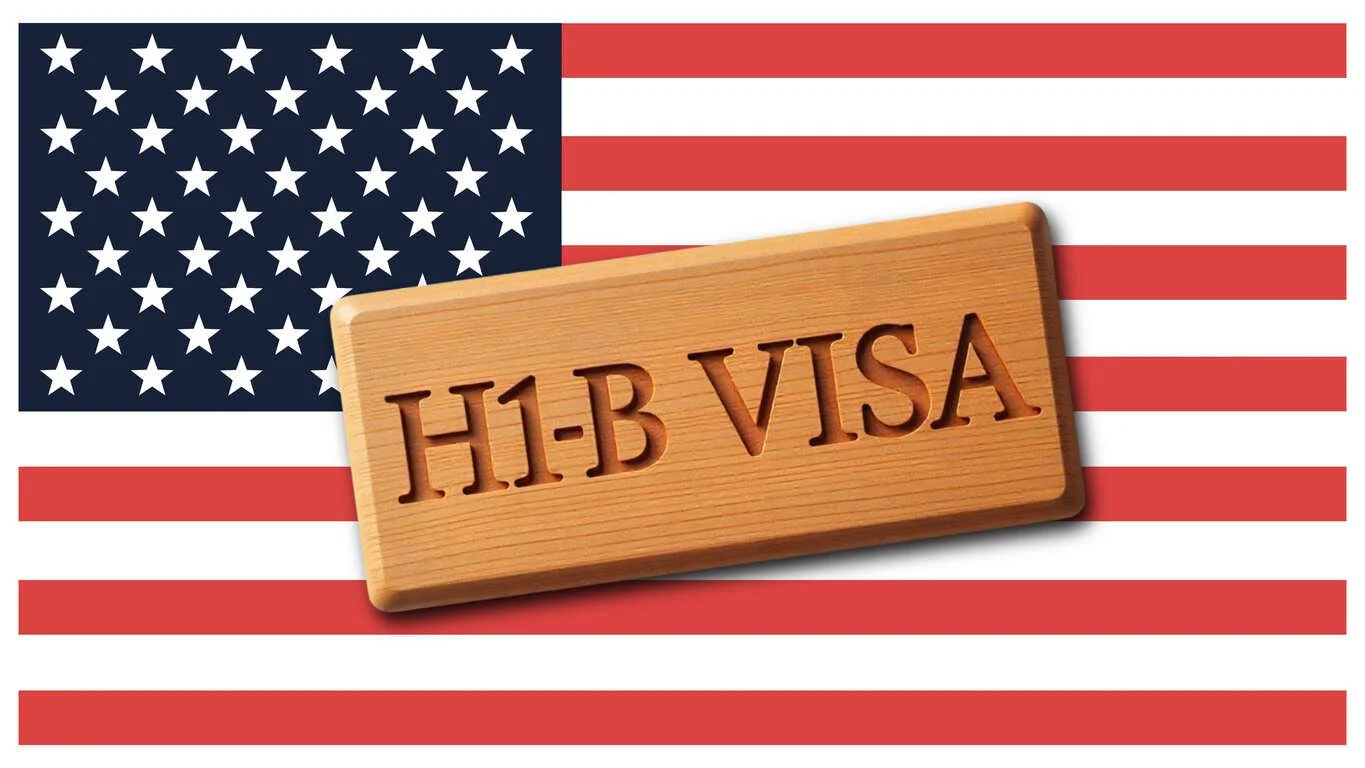E-3 vs H-1B for Australians: Which U.S. Work Visa Offers Better Stabilit
For Australian professionals seeking to work in the United States, both the E-3 and H-1B visa categories present valuable opportunities. However, while both allow U.S. employers to hire foreign workers in specialty occupations, their long-term stability and eligibility requirements differ in essential ways. Understanding these differences can help applicants and employers make strategic decisions that align with their career goals and immigration plans.
At Sharma Law Associates, LLC, our New York immigration attorneys assist professionals and employers in selecting the best U.S. visa category based on qualifications, employment needs, and long-term objectives.
Understanding the E-3 Visa
The E-3 visa is a work visa reserved for Australian citizens, created under a bilateral trade agreement between the United States and Australia. It allows Australians to work in specialty occupations that typically require a bachelor’s degree or higher in a specific field.
Key Features of the E-3 Visa:
· Eligibility: Only Australian citizens can apply.
· Validity: Initially valid for two years, renewable indefinitely in two-year increments.
· Spouse Benefits: Spouses of E-3 visa holders can apply for work authorization in the U.S., regardless of nationality.
· Cap Limit: 10,500 new visas are issued annually, though this cap has rarely been reached.
· No Direct Path to Green Card: While E-3 holders can apply for permanent residence, the visa itself is not considered “dual intent,” meaning applicants must maintain a nonimmigrant intent when applying or renewing.
Because of its streamlined process and flexible renewals, the E-3 visa is often an appealing option for Australians who plan to work in the United States for extended periods.
Understanding the H-1B Visa
The H-1B visa is one of the most common U.S. work visas for professionals in specialty occupations. It allows employers to hire foreign workers when no qualified U.S. candidates are available. However, the H-1B program is subject to strict numerical limits and procedural challenges.
Key Features of the H-1B Visa:
· Eligibility: Open to citizens of all countries.
· Validity: Initially valid for three years, extendable to six years.
· Cap Limit: 65,000 regular visas plus 20,000 additional visas for applicants with U.S. advanced degrees, selected through a lottery system.
· Dual Intent: H-1B status allows holders to pursue permanent residency (green card) without jeopardizing their nonimmigrant status.
· Spouse Benefits: H-4 spouses may apply for work authorization only if the primary visa holder has an approved immigrant petition (I-140).
The H-1B visa remains a popular option for professionals seeking long-term U.S. employment, but its unpredictability due to the lottery process often creates uncertainty.
Comparing Long-Term Stability
When evaluating E-3 vs. H-1B stability, both categories offer distinct advantages depending on the applicant’s goals.
· Processing Predictability
The E-3 visa avoids the lottery system entirely. Applicants can file at any time of year and typically receive decisions faster than H-1B applicants. This makes the E-3 a more reliable choice for Australians who wish to begin employment without waiting for the annual lottery cycle.
· Renewal and Flexibility
E-3 visa holders can renew indefinitely as long as they continue to meet the requirements. H-1B visa holders, by contrast, face a six-year maximum stay unless they transition to a green card.
· Permanent Residency Options
While the H-1B visa clearly supports a path to permanent residence through its dual intent provision, E-3 holders face additional scrutiny when applying for a green card. Nonetheless, many Australians successfully transition to permanent residence through employment-based petitions such as the EB-2 National Interest Waiver (NIW) or EB-1 Extraordinary Ability category.
· Job Mobility
Both visas allow portability between employers, but E-3 transfers are generally faster because they do not depend on annual quotas.
Speak With an Immigration Lawyer in New York
The correct visa choice can define your professional stability in the United States. Let Sharma Law Associates, LLC help you evaluate your eligibility and develop a filing strategy that meets both your career and immigration goals.
Call us today at 6463743480, contact us online, or schedule a personalized consultation on our calendar to speak with a trusted New York immigration attorney about your E-3 or H-1B visa options.

